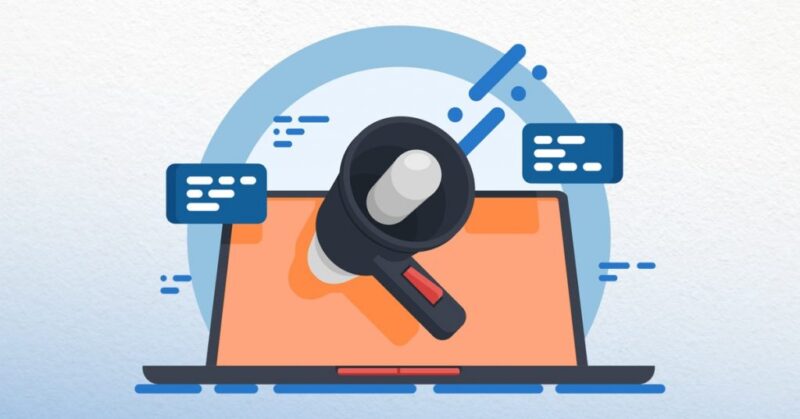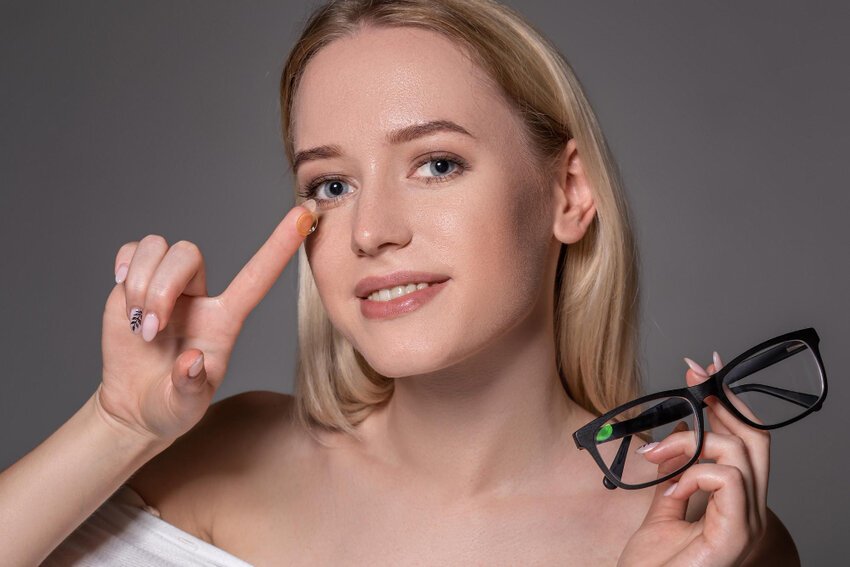Online advertising is a popular choice among marketers in 2023. As the world develops technology and the Internet is no longer considered a luxury but a necessity, so too does the way businesses interact and leverage the online space.
But when you’re first starting — or when you’ve relied solely on organic traffic — online advertising can feel like a minefield. Perhaps you’ve run a few Facebook ads, but they resulted in a whole lot of nothing. Or, maybe you’re totally new to this and know zilch about the online advertising space.
Worry not! This guide breaks down the basics and sets you on the right path to leverage online advertising to grow your business today.
What Is Online Advertising?
Online advertising is a marketing method that uses the digital space. You can use online advertising to deliver a targeted message to a specific demographic to boost your conversions. While online adverts can be run to drive up brand awareness, they are often used to push a reader to take a call to action.
What Are Some Options for Online Advertising?
The online advertising space is limitless. You can choose to advertise your business using Google, which pushes for clicks onto your website. Or, you can use social media to drive up more clicks and conversions.
There are many ways to reach an audience. The key is to assess your options strategically. As with organic marketing, you need to present your message in an area that is populated by your target audience.
Say, for example, you chose to run paid Facebook ads. If your target demographic was teenagers, you might get a response, but your conversion rate would likely be higher if you chose to run ads on social media platforms like TikTok, Instagram, and Snapchat.
But where can you run online ads? What are your options?
You can run online ads:
- Google Search Advertising
- Facebook ads
- Amazon
- YouTube
- Google AdMob ads
- And (as of very recently) TikTok
The benefits of each platform are extensive and unique. That’s a whole other article. But the takeaway is to select an advertising platform that is densely populated with your target demographic. That way, you know the right eyeballs are landing on your advert and your chances of conversion increase alongside it.
This article will dive into Facebook, Instagram, Twitter, and YouTube online advertising.
What Are the Benefits of Online Advertising?
Online advertising is beneficial for not only digital businesses but brick-and-mortar companies. By investing in online advertising, you reap the benefits of:
- Increasing your conversion rates
- Becoming a well-known brand
- Growing your email list, social media following, and warm leads
- Promoting a product or service to a specific niche allows for a more favorable reception
- The ability to expand your reach beyond your local area. You can choose to target people within a smaller area, a state, a country, or worldwide.
- The chance to measure a campaign’s success, allowing for insights on improvement and optimization.
- It’s quick. Really quick. You can set up an online advertisement in minutes, and it can be seen only moments after publishing.
Should I Run Facebook or Instagram Ads?
Facebook has a grand total of almost 2.5 billion active users, so using Facebook to advertise your brand is a solid start.
One of the key benefits of using Facebook as your advert distribution platform — alongside most other social media platforms — is that you’re able to target very specific and niche users. Plus, you can use different formats for your advert. For example, you can upload an ad in the format of a video, an image, or a story.
Additionally, Facebook Lead Ads work by capturing your lead’s information without actively leaving the platform.
Instagram functions in a similar way, but you’re able to ‘boost’ your current posts. That helps combine organic traffic with your paid efforts.
Say, for example, you posted a video on Instagram that promotes your best-selling products. You could boost this post and expand your reach. A boosted reach can, if done strategically, result in an increase in conversion. Whether you’re converting leads to sales or leads, boosting your post offers you the opportunity to do both.
Should I Run Twitter Ads?
Twitter advertisements are slightly different from those belonging to Facebook and Instagram. It’s a less common advertising method for business owners, because Twitter favors organic reach. That said, if your audience is predominantly on Twitter, it’s still worth running advertisement campaigns on the social platform.
If you run a B2B brand, be aware that Twitter is one of the favorite platforms for your industry. It’s been proven that Twitter users tend to be high-payers when it comes to products or services online.
Should I Run YouTube Ads?
Other than Google, YouTube is the second biggest search engine in the world. With 2 billion active monthly users, YouTube favors — of course — video ads. These online ads play before, in the middle, and at the end of videos. So, if your hook is captivating enough, you’re able to boost your chances of conversion.
You’re able to target specific content buckets and topics as well as audience members, making YouTube a great choice for online ads.
Are Digital Paid Ads Worth It?
Each online advertisement type can elevate your business. However, it’s worth noting that you can’t rely on paid ads alone. You need to also focus on organic traffic by perfecting your writing content marketing strategy and capturing leads through your email list. When you combine paid advertising with organic marketing, you’ll see real business growth.
It’s best to use paid ads when you have a specific offer in mind. This doesn’t necessarily need to be a physical product. You can use paid ads, for example, to promote a lead magnet, a webinar, or an online course.
So, yes, paid ads are absolutely worth it. However, for them to pay for themselves and for you to make a profit, you need to focus on your organic reach, too. Combine them, and you’ll see your brand grow before your eyes.
Liz Slyman
Over the past decade, Liz has worked as a copywriter and digital marketing executive for a multitude of companies from startups to and mid-sized businesses to working as the VP of marketing for award-winning, platinum-selling artists. Leveraging an understanding of the nuance of language in marketing, Liz founded Amplihigher, a content marketing and copywriting agency, designed to connect consumers to companies in a way that results in next-level brand expansion.
Read Dive is a leading technology blog focusing on different domains like Blockchain, AI, Chatbot, Fintech, Health Tech, Software Development and Testing. For guest blogging, please feel free to contact at readdive@gmail.com.





